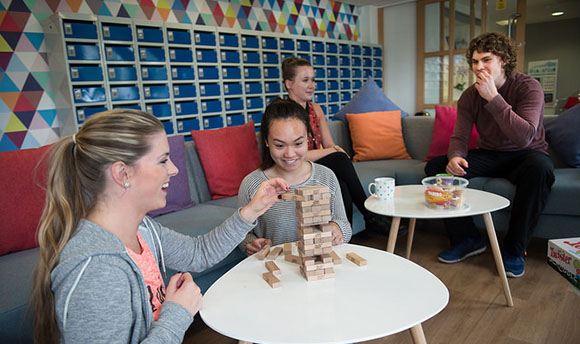A research study on the experience of the United Nations for Relief and Works Agency of Palestine Refugees in the Near East (UNRWA) in Gaza and Lebanon was conducted over a period of 6 months starting in June 2020. This research, supported by R2HC, was carried out by researchers from Queen Margaret University (QMU) and in collaboration with the United Nations for Relief and Works Agency of Palestine Refugees in the Near East (UNRWA). The aim of the study was to look into the responses of UNRWA to the Covid-19 pandemic by capturing feedback from UNRWA staff along with the communities that UNRWA serves in selected camps in Gaza and Lebanon.
As there were travel restrictions put in place to minimise transmission of the virus, interviews were conducted remotely via online platforms. Compared to face-to-face interviewing, remote interviewing was a unique and new process at the time. It is widely known that building rapport with participants is essential for a successful interview and is in fact a delicate process whereby body language and non-verbal cues are important. In remote interviewing, building a relationship with the interviewee might seem to bear considerable constraints. Surprisingly though, many interviews that I conducted took on a great sense of warmth, connectedness and sometimes humour as the interview went on. For many participants, the interview provided them with a space to express themselves, discuss the personal stressors they were going through and was also an opportunity to explore their emotions during such a crisis.
During face-to-face interviews, I had always felt bound to the unspoken symbols of professionalism such as dressing appropriately, commuting to the location of the interview and arranging the seating environment, but with remote interviewing, all it took from my side was securing a good WIFI connection. An added benefit was that the interview could be carried out while sitting comfortably anywhere in my own home. While I was uncomfortable with the informality of the research at the beginning, I gradually learned to appreciate the flexibility that this mode of communication allows. I suppose this flexibility was also appreciated by the participants too, as I could hear them attending to family needs or responding to a child while being interviewed.
Most of our interviews were carried out either via MS Teams or as WhatsApp calls. Allowing the candidate to choose to connect via diverse mediums enhanced recruitment and made participation possible for those with low computer literacy. In many instances, participants preferred the WhatsApp platform as they felt they were more familiar with it over MS Teams, Zoom or other software. Remote interviewing had many positive aspects but also presented some challenges, especially for people residing in low- and middle-income settings such as Lebanon and Gaza. The poor internet infrastructure in Gaza and Lebanon often resulted in interruptions during the interviews and, in some instances, led to whole interviews needing to be rescheduled to another day. For obvious reasons, scheduling interviews with candidates located in different time zones (in this case, a 2 –hour time difference), and having different working patterns meant that communicating with participants often had to take place early in the morning or during weekends. Most importantly, participants received a detailed information sheet about the study and its aims. They were assured that all information shared by them were to remain confidential and data will transferred to a password-protected computer whereby only the research team at QMU had access to. Before starting any interview, participants were asked first to provide their oral consent which was audio-recorded for reference.
Palestinians have historically lived lives of hardship- surviving in a context of occupation, chronic adversity, lack of resources and limited infrastructure. Overall, the participants I spoke with showed a great deal of dedication to serve their community despite the challenging environment and hardships of livelihood that they had all experienced. The fact that the UNRWA staff team is comprised almost entirely of Palestinians has created a sense of commonality with the community they serve and enthusiasm to go “the extra mile” to help. However, both UNRWA staff and the community members who were interviewed agreed that the struggles of Palestinians have been magnified during the Covid-19 crisis and a lot more is needed to overcome this rough period.







